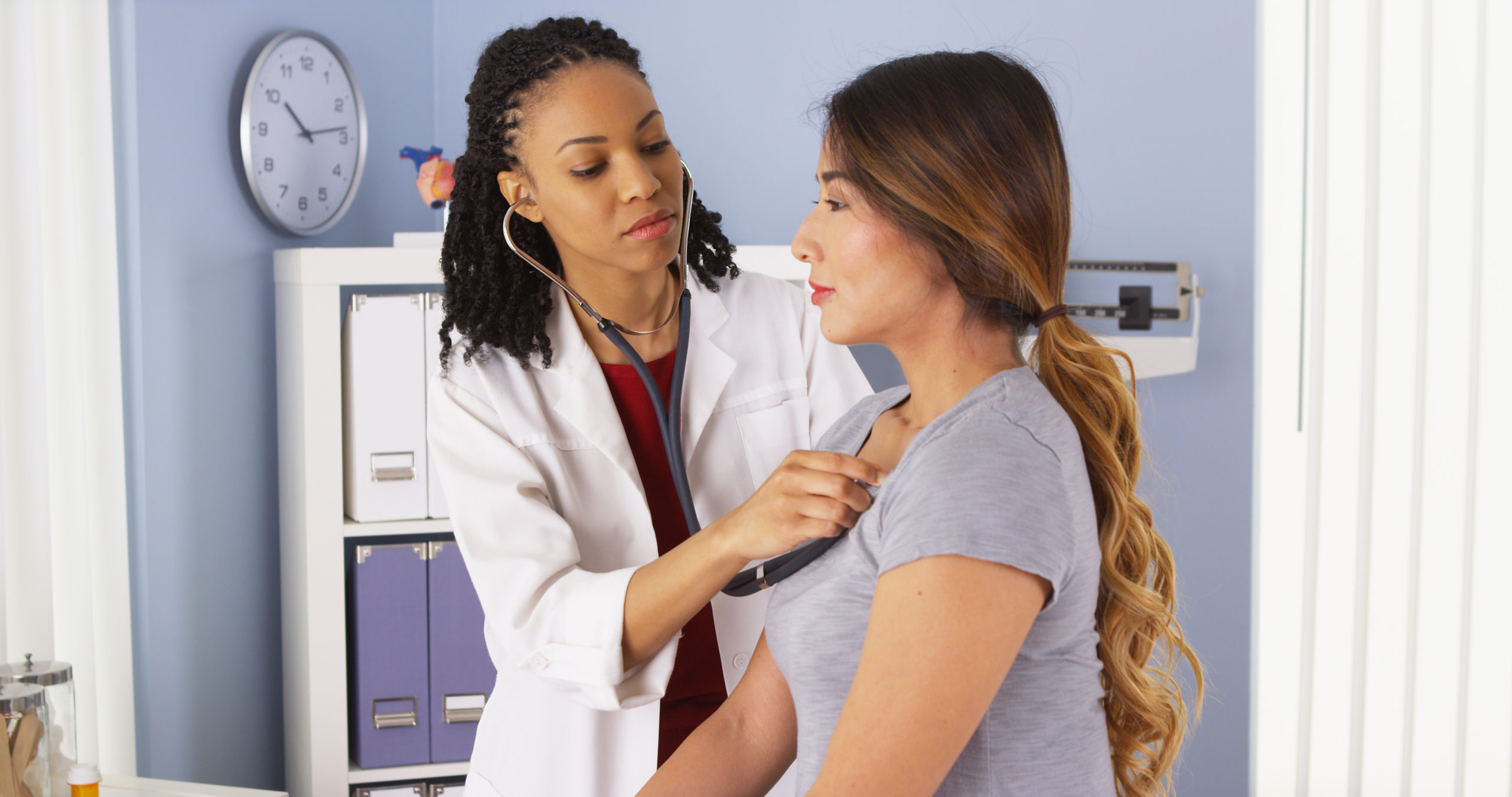We have been trying hard to survive a pandemic in the past 16 months. For some of us, it has felt like a full-time job, and many have ignored their heart as a result of everything else. So many people have put off health care because it has not been the priority since March of 2020. But now is time to make sure you don’t put off your heart care any longer.
With the pandemic, what have we seen:
- Doctor visits, especially routine and prevention visits, have been cancelled, delayed, or forgotten.
- Routine blood work and tests have also been delayed for many patients.
- Stress levels remain high! There has been stress about covid, job loss for many women, loss of loved ones, reduced contact with family due to covid precautions, depression, isolation and fear. All of these issues can affect the heart and your health.
- Many people experienced an increase in behaviors that threaten heart health, such as excess food and alcohol, as well as less physical activity. Almost half of women reported gaining weight during the pandemic.
So if you have been putting off your appointments, this is your wake-up call not to wait any longer. Your health matters, with or without a pandemic. Your heart matters and the routine visits are routine for a reason: you need to watch if anything changes due to the passage of time, changes in your health or changes in risk factors. The good news is that seeing your healthcare team has never been easier. Telehealth is here to stay, and that can be the simplest way to reconnect with your primary care doctor or cardiologist and make a plan for what routine and/or diagnostic tests you might need now (learn more about heart health tests). If an in-person visit is needed, they will advise you. But you can do the telehealth visit from anywhere!
If you have symptoms of any possible heart issues, please make sure you don’t ignore them. A disturbing trend during the pandemic has been an increase in the number of people delaying care in health emergencies, like heart attacks and strokes. Your hospitals are functioning normally. There is no reason to delay seeking care when it is emergent. Please know that you should call 9-1-1 if you are experiencing symptoms like chest pressure or pain or tightness, shortness of breath, pain in your neck, jaw, back, arm, lightheadedness, nausea, or feeling sweaty. It is important to seek care quickly. If it ends up not being a heart problem, that is okay. The best route is still to call 9-1-1, because if it is your heart, it is critical to be treated promptly.
Let’s get our lives back to normal. Get your Covid vaccine if you haven’t already (watch this webinar about what women with heart disease need to know about the Covid vaccine) and get your heart checkup completed. Let’s ease into the joy of our tomorrow.
Martha Gulati, MD, MS, FACC, FAHA is the Editor-in-Chief of the American College of Cardiology “CardioSmart,” the patient education and empowerment initiative, is the President-Elect of the American Society for Preventive Cardiology, and a member of WomenHeart’s Scientific Advisory Council.




